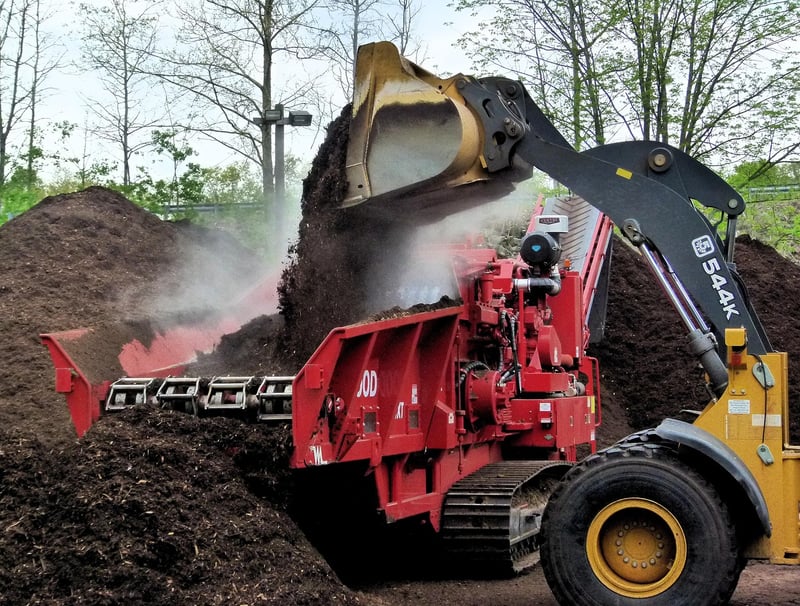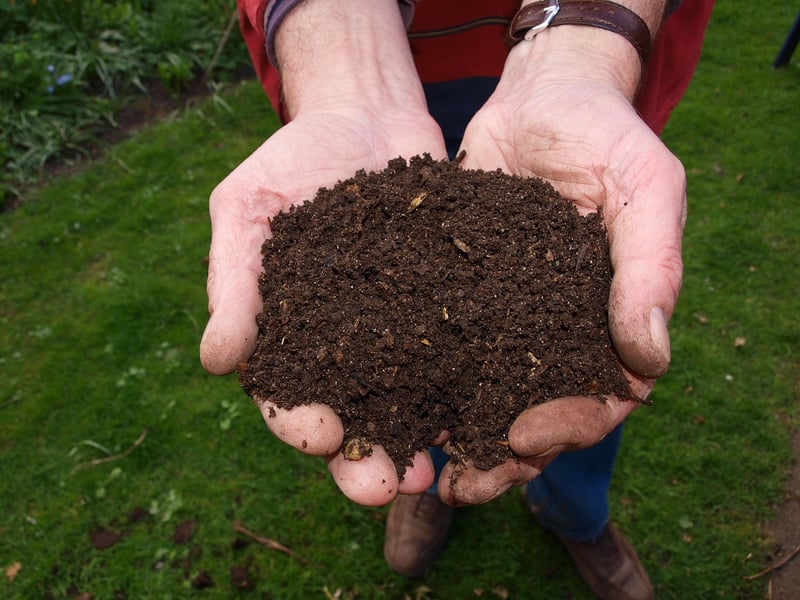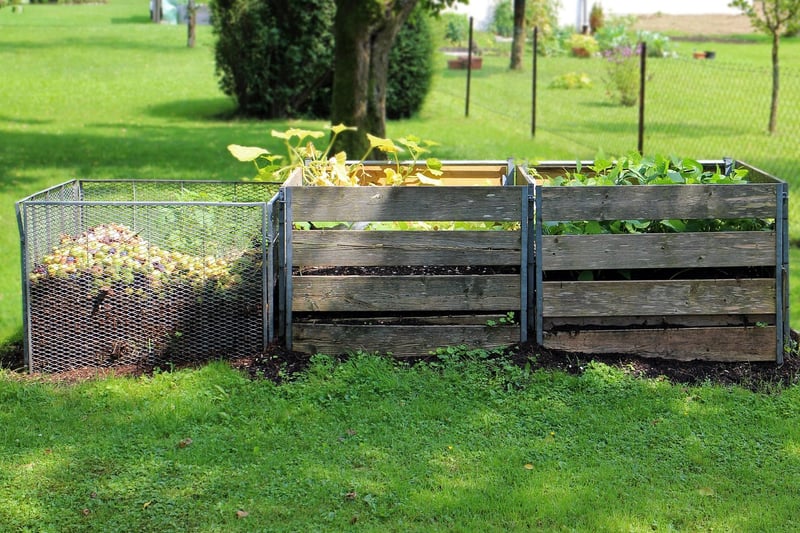Composting Guide
#Gardening Resources
#Urban Gardening
#Learning Materials
Composting Guide: Helpful Tools and Information
Introduction to Composting
Composting is a wonderful way to reduce waste, enrich soil, and contribute to a healthier environment. Whether you're a beginner or an experienced composter, having the right tools and information can make the process easier and more effective.
Benefits of Composting
- Reduces landfill waste
- Creates nutrient-rich soil
- Decreases the need for chemical fertilizers
- Helps retain moisture in the soil
- Reduces greenhouse gas emissions

Essential Tools for Composting
Having the right tools can streamline the composting process. Here are some essential tools you may need:
- Compost bin or pile
- Shovel or pitchfork for turning the compost
- Kitchen compost pail
- Compost thermometer
- Aerator tool
- Compost sifter
Composting Tips
- Balance green (nitrogen-rich) and brown (carbon-rich) materials
- Turn the compost regularly to aerate it
- Keep the compost moist but not soggy
- Avoid adding meat, dairy, or oily foods to the compost
- Layer materials for optimal decomposition

Where to Use Compost
Finished compost can be used in various ways:
- As a soil amendment in gardens
- For potting plants
- As mulch to retain moisture
- For lawn care
Conclusion
Composting is a simple and rewarding way to reduce waste and create valuable soil for your plants. By following this guide and using the right tools, you can easily incorporate composting into your daily routine and make a positive impact on the environment.
Remember, every effort counts when it comes to sustainability!
